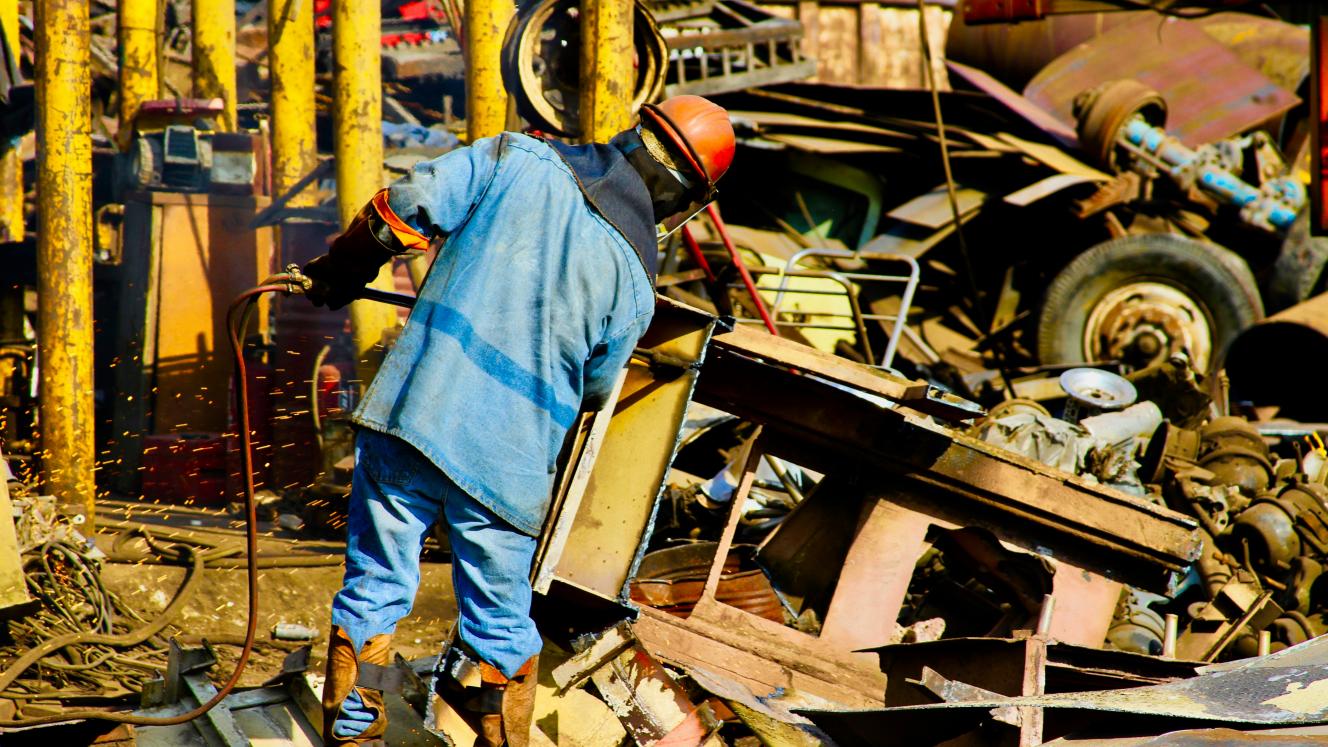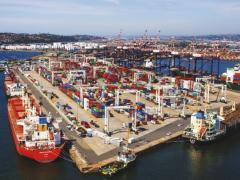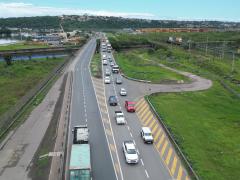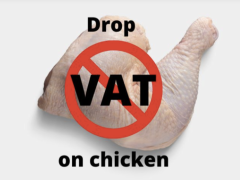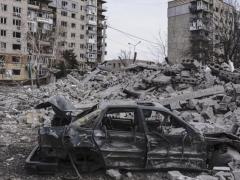South Africa’s scrap metal recyclers have zeroed in on the International Trade Administration Commission’s (Itac) refusal to scrap the “seller pays for transport” clause in its Price Preference System (PPS) amendments, labelling it a tool that entrenches cartel dominance and crushes remote suppliers.
In a response endorsed by the Recycling Association of South Africa, CEO Nancy Strachan, Metal Recyclers Association chairperson Quintin Starkey, and Scrap Recycling Coalition chairperson Mark Fine, the changes are described as “a betrayal of fair trade and economic justice”. The amendments were gazetted on October 31.
The group of organisations alleges that retaining the clause – despite “overwhelming evidence” of its anti-competitive effects – perpetuates geographic market rigging.
“Itac refuses to remove the ‘seller pays for transport’ clause in the face of overwhelming evidence that it perpetuates cartel behaviour by allowing market segmentation – buyers in Gauteng dominate, squeezing out distant suppliers and distorting competition,” the organisations said.
“No robust financial modelling appears to support this retention, as it contradicts economic principles and disregards submissions on its impracticality.”
The recyclers highlight the clause’s disproportionate impact on peripheral operators.
“Retaining seller-funded transport costs – disproportionately hammering remote recyclers, as XA's Donald MacKay rightly notes – exacerbates inequities,” they said, adding that freight from far-flung provinces can erase margins entirely while Gauteng-based mini-mills face zero delivery penalties.
This transport burden sits at the heart of broader PPS distortions, the group argues.
Itac’s 5% cut in the ferrous scrap discount – from 30% to 25% – does nothing to offset logistics penalties that force distant sellers to accept even lower net prices or forfeit sales altogether.
The statement ties the clause to systemic failures stemming from cartel conduct with a “shadowy working group” of stakeholders that revived the PPS despite Itac’s own export-duty recommendation and new November 3 Itac data showing scrap is melted into semi-finished exports to evade duties.
They warned that transport inequities also threatened jobs. With 400 000 informal collectors already earning less under PPS-depressed prices, remote formal recyclers – obliged to absorb haulage – face closure, shrinking collection networks and circular-economy reach.
The recyclers have demanded immediate disclosure of Itac’s modelling to prove whether transport impacts were quantified or ignored.
“We demand Itac release the ‘economic modelling’ and data underpinning these changes, so we can expose if recycler inputs were genuinely weighed or conveniently sidelined,” they said.
ArcelorMittal South Africa’s Newcastle and Vereeniging plant closures – blamed partly on PPS distortions – have already cost 3 500 direct jobs and placed at risk 100 000 downstream jobs, while the Industrial Development Corporation struggles to attract investors who are deterred by the uneven playing field.
The group has called for the clause’s abolition and a full inquiry into alleged PPS-enabled cartel conduct.
“This isn't compromise. It protects 5% of the steel value chain while overlooking the other 95%,” they said.
Source: Engineering News
